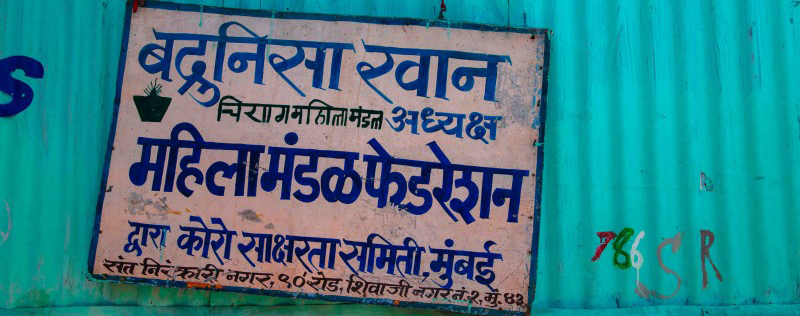How Ganesh improved economic conditions for 3,000 people

In Ganesh More’s Mumbai slum community, many of the women have low-income jobs as domestic helpers or garbage collectors. Their salaries barely cover basic living expenses and many turn to loan sharks, borrowing at a high interest rate and inevitably finding themselves with spiraling debt.
When Ganesh was selected for a Quest Fellowship in 2008, he decided to focus his attention on supporting these women. To reduce their reliance on high-interest private loans (or on government loans), he created 12 self-help groups (SHGs), each comprising 10-15 women. SHGs are micro-finance institutions which offer small loans at low interest rates and educate women on how to save money efficiently and create other sources of income, which also helps to tackle issues such as domestic violence and healthcare.
During his fellowship year, Ganesh was able to help around 750 people in his local community, and since then, his network has expanded to 50 groups, benefiting around 3,000 villagers. Ganesh’s vision is to create a ‘federation of self-help groups’, and he is now working with a network of around 200 SHGs.
From an early age, Ganesh was involved in initiatives to help the poor and disadvantaged. Like many in his community, he grew up in a family that struggled to make ends meet. His mother was a rag picker, and his father a labourer.
Even during his childhood, Ganesh was involved in helping others and, as an adult, he worked with CORO, an Indian NGO and a key Leaders’ Quest partner. Through his work at CORO, (which included running mobile libraries and conducting evening study groups), he became aware of the difficulties community women were facing in trying to earn a living.
According to his mentor, Ganesh is “a very resourceful and active leader and is available 24 hours for the community.”
